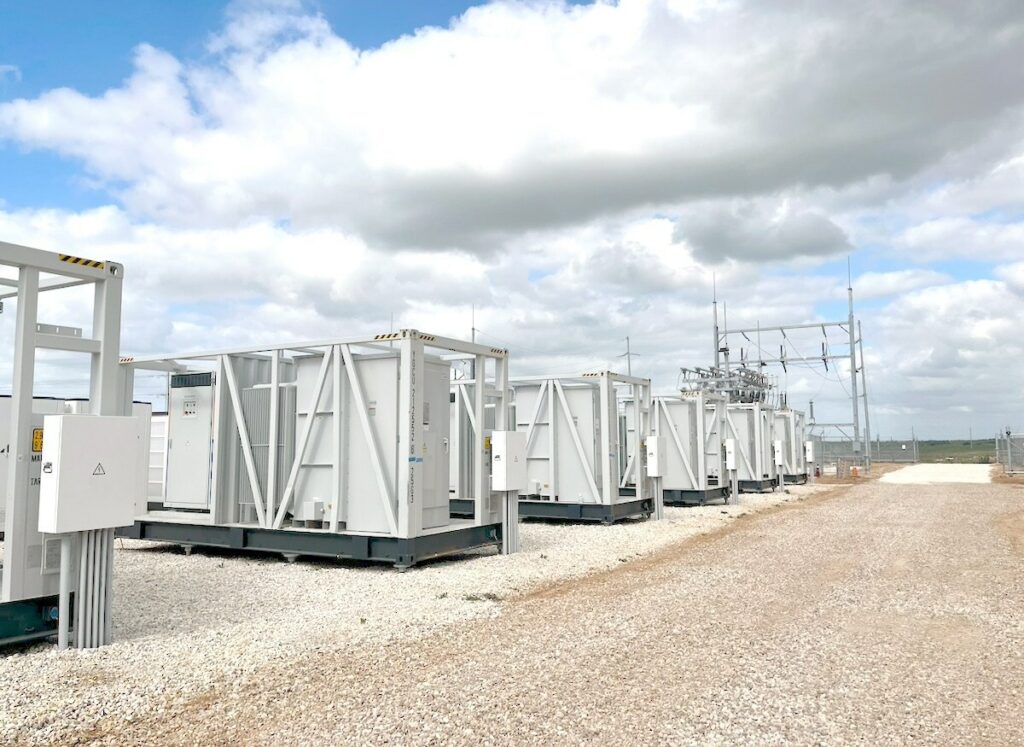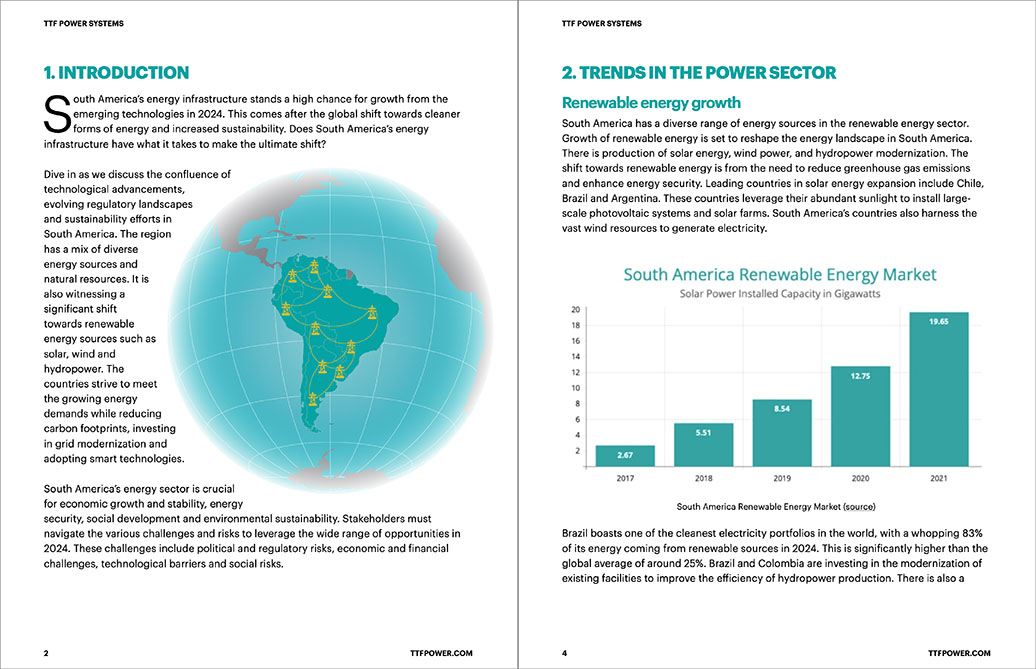
The global COVID-19 outbreak caused disruptions to the energy sector and supply lines. The move opens up some options for South America. The region is on track to transition to a cleaner, low-carbon future. Reshoring supply chains offers an opportunity for firms trying to improve their operations. They capitalize on the region’s renewable energy resources, labor force, and closeness to vital markets. It can also assist companies in developing more resilient and efficient supply networks for South America. The success of reshoring supply chains will be dependent on overcoming obstacles. Countries such as Brazil, Chile, and Argentina have the opportunity to expand their renewable energy components. This article discusses the prospects and problems of reshoring in South America.
Opportunities to reshore supply chains in South America
Reshoring supply chains offers some advantages to firms and economies. This is especially important for businesses aiming to reduce reliance on overseas markets, manage risks, and benefit on regional advantages. Continued investments in infrastructure, technology, and regulatory reforms are critical in today’s global supply chain. Reshoring supply chains creates prospects for market access, intra-regional trade, an expanding workforce, industrial expansion, innovation, and technology adoption. South American governments may embrace these tendencies to harmonize with the global shift toward sustainability.
Challenges of Reshoring Supply Chains in South America
South America presents many issues that businesses and stakeholders must analyze and handle. They must take the correct way to handle these hurdles and capitalize on the potential that South America provides. The different obstacles that reshoring supply chains face are as discussed in detail below.

- Infrastructure deficiencies – transportation and logistics infrastructure such as roads, railways and ports. This can lead to inefficiencies in the supply chain, increased transportation costs and delays in the movement of goods. Power outages and inconsistent energy supply can disrupt production processes.
- Political and economic instability – political instability in South American countries leads to frequent changes in government, social unrest and corruption. This can lead to a challenging environment for businesses with risks related to policy changes. High inflation, currency fluctuations and debt issues can pose risks to businesses. This can lead to increased operational costs and create uncertainty.
- Regulatory challenges – many South American countries have complex regulatory frameworks. This includes regulations, taxes and compliance requirements that can be time consuming to navigate. Slow government processes and excessive paperwork can lead to delays.
- Skill gaps – South America has a large labor force where there is a gap in the availability of workers with specific skills. Disparities in education and skills can limit the availability of a highly skilled workforce.
- Trade barriers – some of South American countries have high tariffs and trade barriers on imported goods and raw materials. These barriers increase the costs of production and limit the ability for importation.
- Environmental concerns – environmental regulations in South America are becoming more stringent which adds more costs. Large-scale reshoring projects can have social and environmental impacts on local communities. This is including displacement, pollution and resource depletion.
Advantages of reshoring
Reshoring supply chains has many benefits for businesses and the region’s economies. These advantages derive from factors such as strategic position, resource availability, and cost savings. Companies and stakeholders can use these advantages to create more robust and competitive supply chains. This is all done while contributing to strategic investments and focusing on overcoming problems in South America. The following are some advantages of reshoring supply networks in South America.

- Supply chains diversification – companies in South America can diversify their supply chains and reduce dependence on other countries. This can help mitigate risks related to geopolitical tensions, trade disputes and supply chain disruptions.
- Cost effective labor – the large, growing, labor skills are beneficial for companies looking too scale production. Proper training and development programs can help meet the demands of various industries.
- Natural resources – South America is rich in natural resources including minerals and energy resources. Companies reshoring to the region can leverage these resources to reduce costs and ensure a steady supply of reduce costs. The availability of renewable energy sources provides the opportunity to build more sustainable and energy efficient supply chains.
- Emerging industrial hubs – several countries have established as emerging industrial hubs. These countries provide a developed infrastructure, skilled labor and access to global supply chains.
